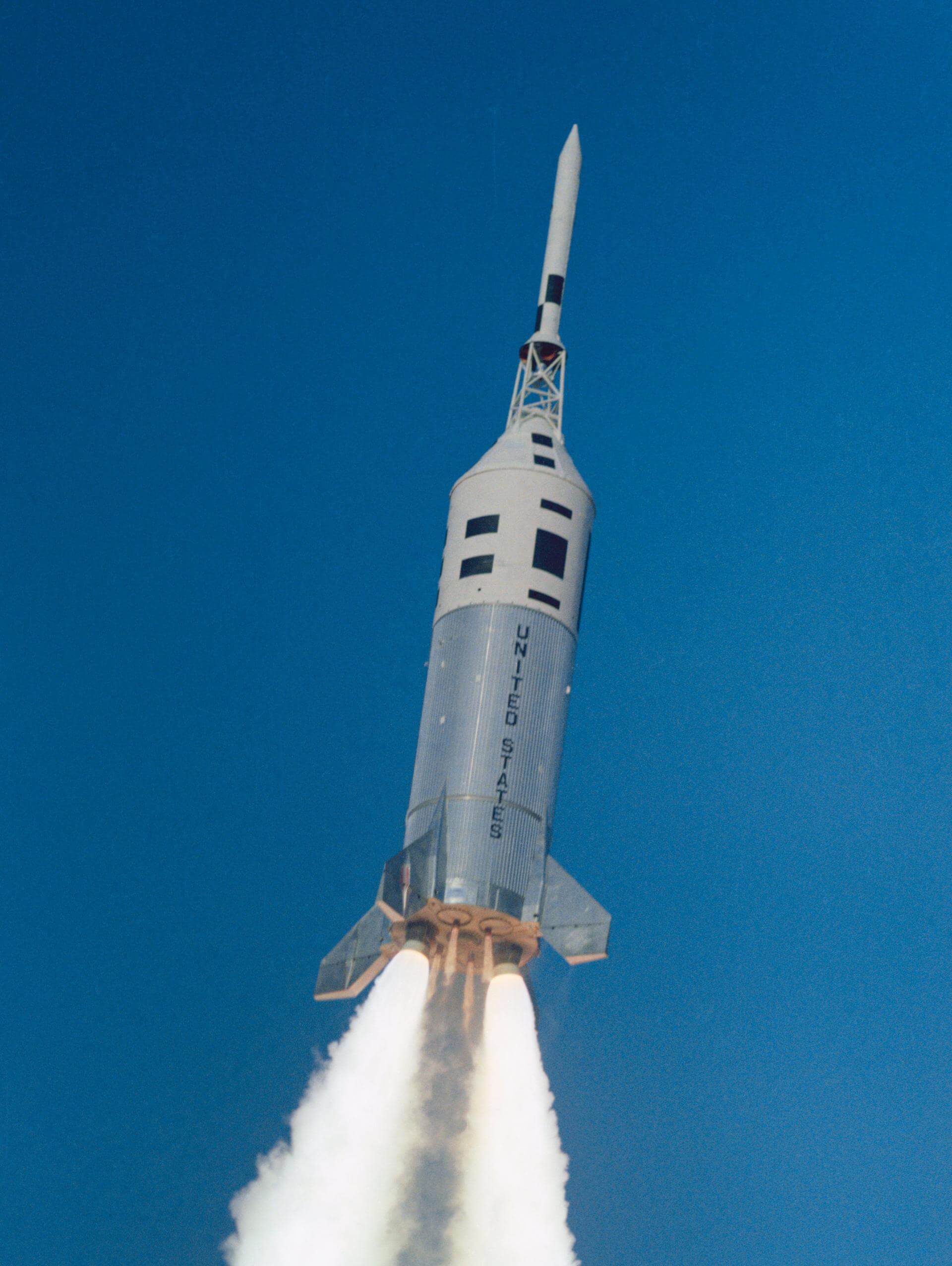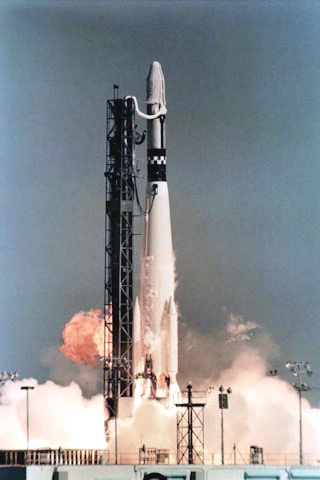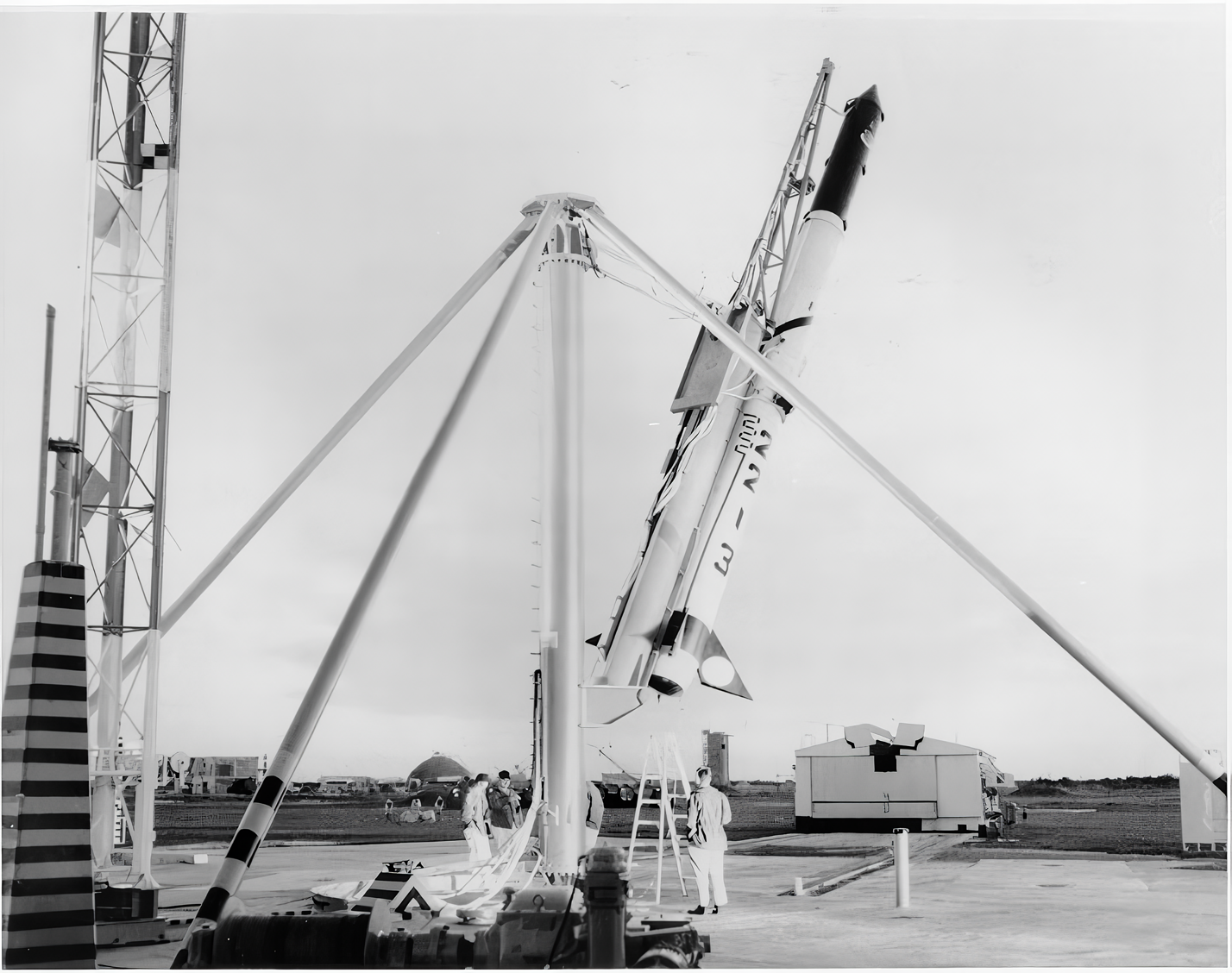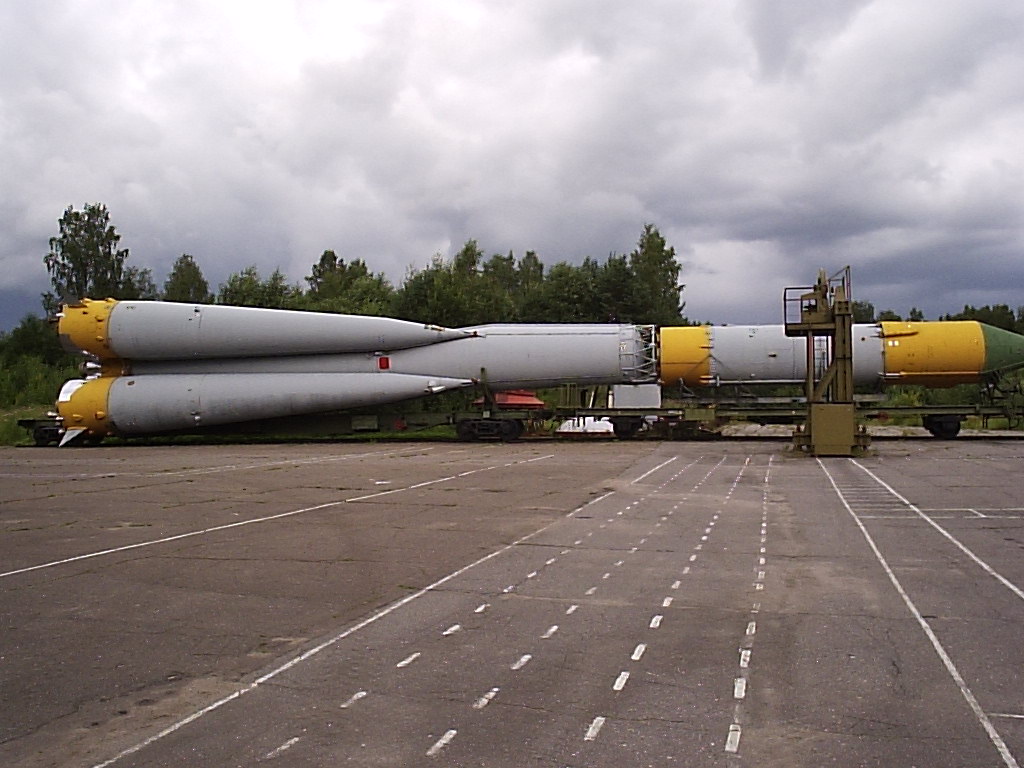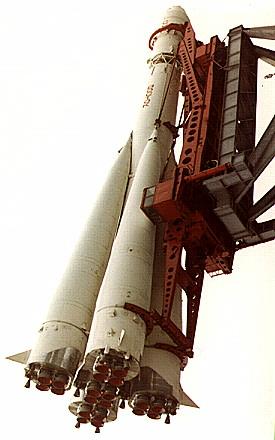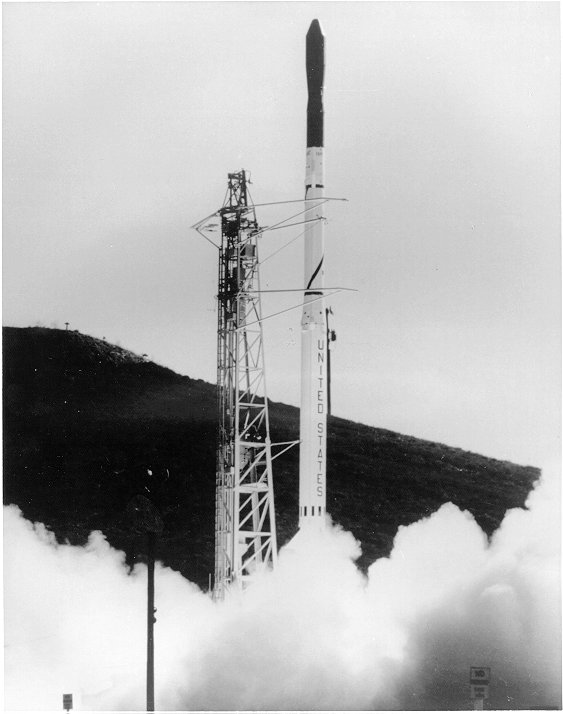Previous Spaceflight Launches
Filter by Agency, Locations or Vehicles
Show All LaunchesThor Burner 1 | OPS 8386
McDonnell Douglas | United States of AmericaVandenberg SFB, CA, USA
May 20, 1965, 4:30 p.m.
Little Joe II | A-003
Convair | United States of AmericaWhite Sands Missile Range
May 19, 1965, 1:01 p.m.
Status: Launch Failure
Mission:
A-003 was the fourth abort test of the Apollo spacecraft. This particular flight is notable because during the abort test flight, an actual abort situation occurred, and further proved the Apollo launch escape system (LES). The CM was successfully pulled away from the malfunctioning Little Joe booster and it landed safely under parachutes.
SuborbitalThor SLV-2A Agena D | KH-4A 20
McDonnell Douglas | United States of AmericaVandenberg SFB, CA, USA
May 18, 1965, 6:02 p.m.
Blue Scout Jr | OAR 22-8
Vought | United States of AmericaCape Canaveral SFS, FL, USA
May 12, 1965, 4:02 p.m.
Molniya 8K78 | Luna-5
Strategic Rocket Forces | RussiaBaikonur Cosmodrome, Republic of Kazakhstan
May 9, 1965, 7:49 a.m.
Vostok 8A92 | Zenit-2 27
RKK Energiya | RussiaBaikonur Cosmodrome, Republic of Kazakhstan
May 7, 1965, 9:29 a.m.
Titan IIIA | LES 2
Lockheed Martin | United States of AmericaCape Canaveral SFS, FL, USA
May 6, 1965, 3 p.m.
Nike Cajun | Trailblazer Pellet
National Aeronautics and Space Administration | United States of AmericaWallops Flight Facility, Virginia, USA
May 4, 1965, 5:50 a.m.
Thor SLV-2A Agena D | KH-4A 19
McDonnell Douglas | United States of AmericaVandenberg SFB, CA, USA
April 29, 1965, 9:44 p.m.
Scout X-4 | Beacon Explorer C
Vought | United States of AmericaWallops Flight Facility, Virginia, USA
April 29, 1965, 2:17 p.m.

